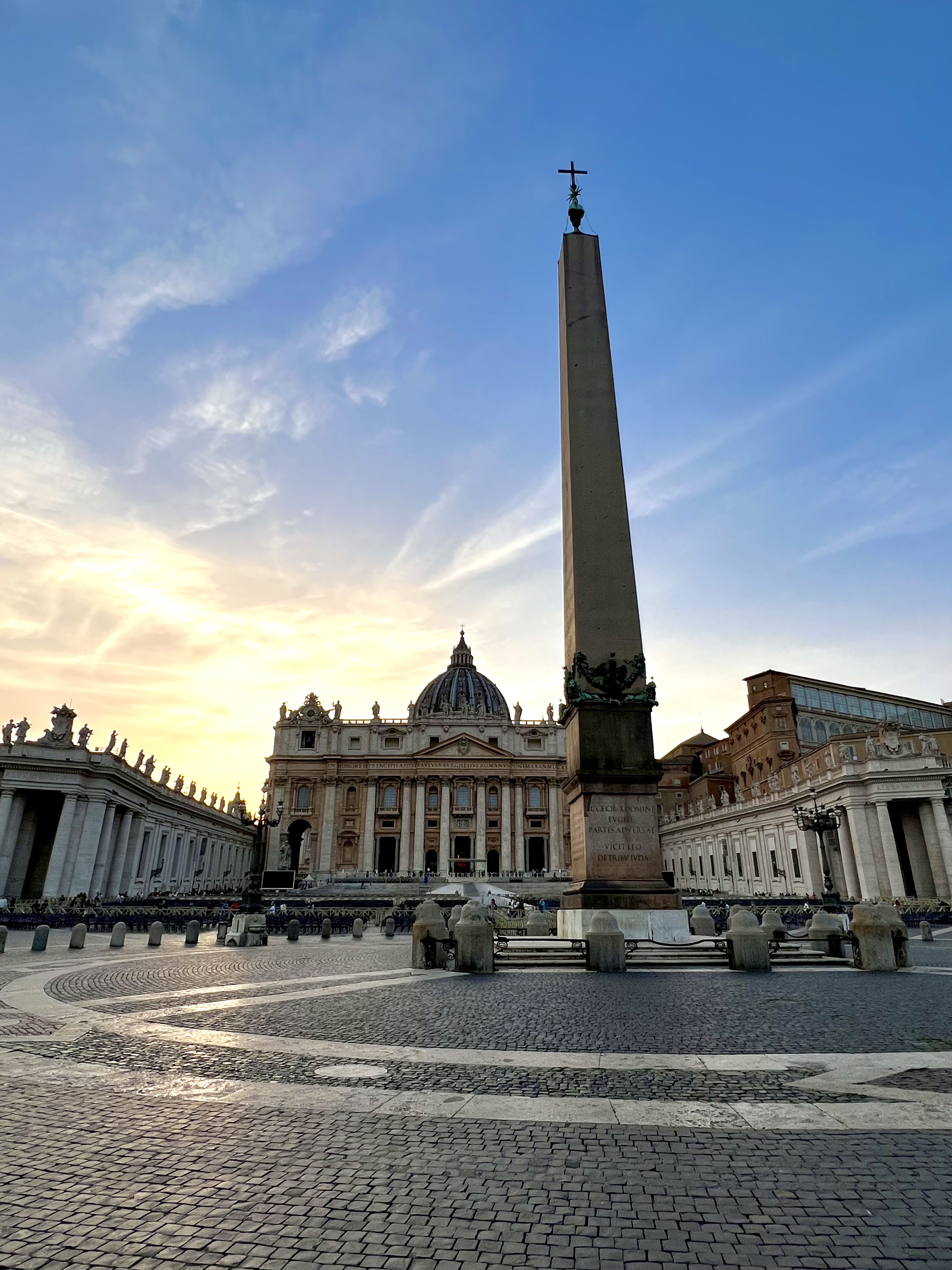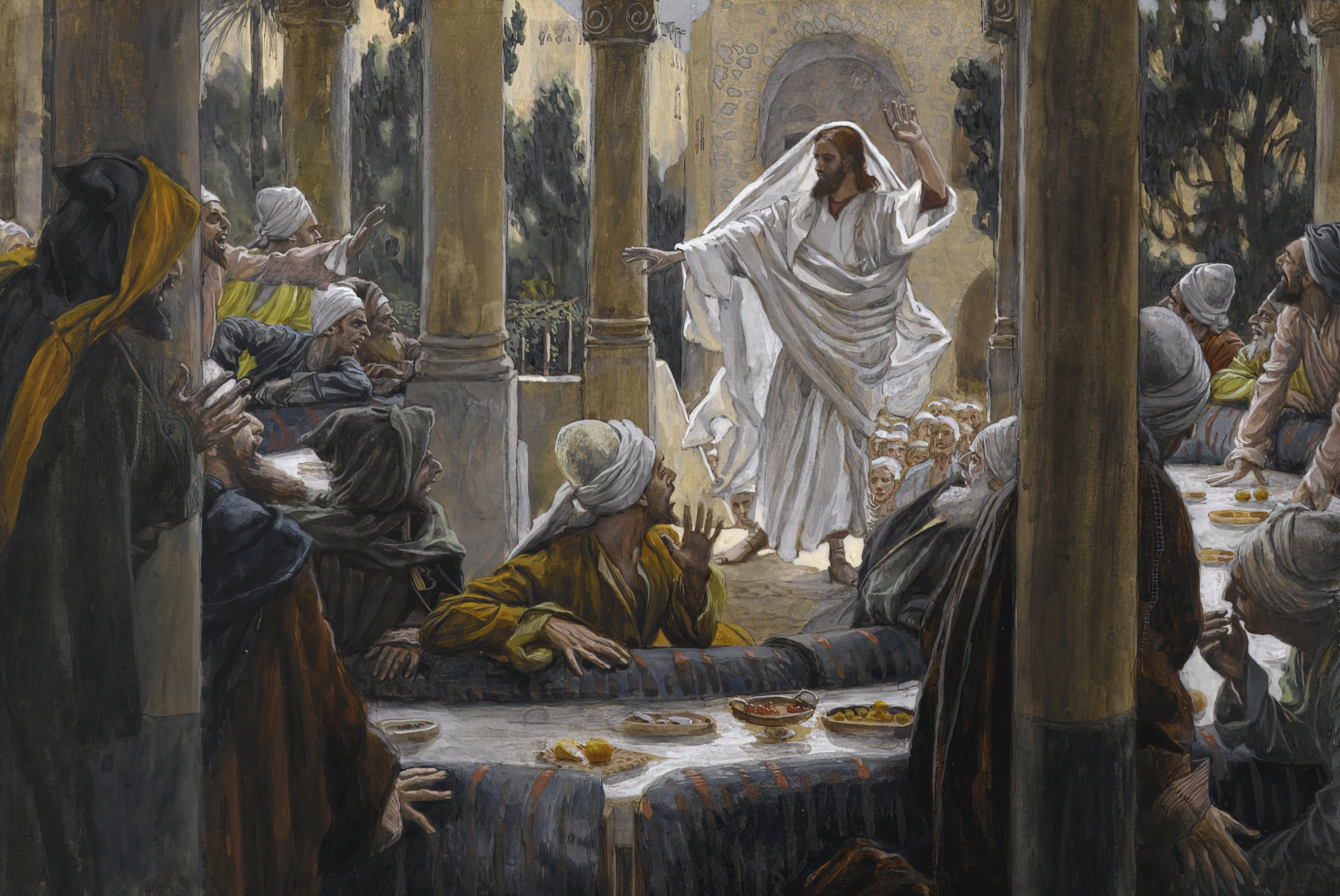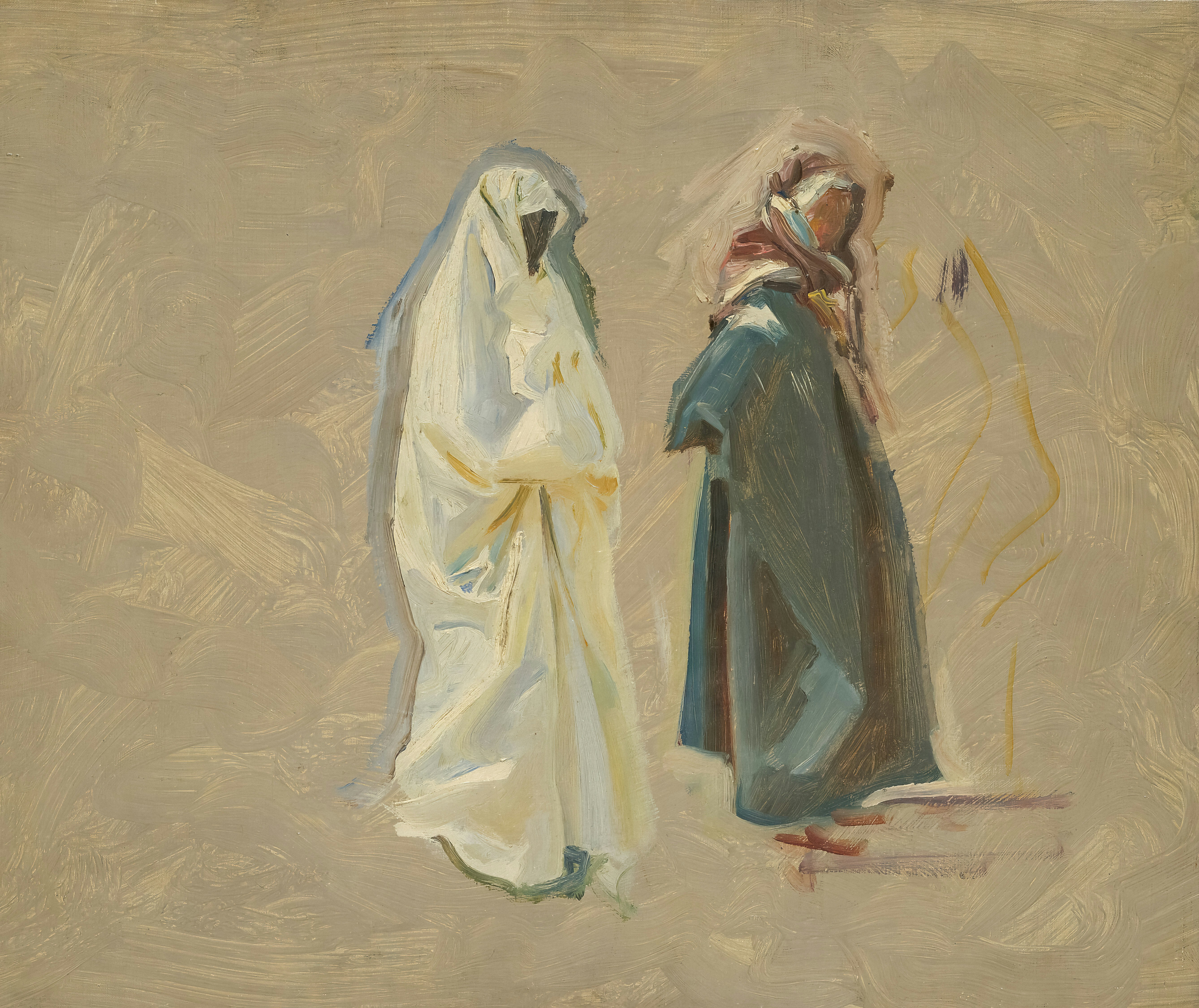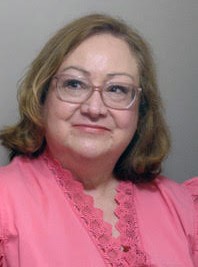“Well done, my good and faithful servant. Since you were faithful in small matters, I will give you great responsibilities. Come, share in your master’s joy.” Christ offers this and a few other parables to His Apostles in private to answer some of their questions about the end days. Most of these answers are more on the abstract side, perhaps a little difficult to grasp, but this parable is a bit easier to understand.
Three men. Three sets of talents. One instruction. The master departs after entrusting his possessions to the three. In human understanding, it is merely coincidental that the word “talent” used here (indicating money or a material measure) is the same as our modern word for “skill set” or “gift.” Then again, in the divine order of life, there is no such thing as coincidence.
God has given gifts to each one of us as natural talents: a disposition to certain virtues, a certain ability or skill, or sometimes, it does indeed mean material goods. It may take time for us to discover some of these gifts, while others are more easily recognizable. You likely have more than one, perhaps even many gifts of different kinds.
But the question is not “How many were you given?” The man who began with five talents was given the same glad reward as the man who began with ten. No, the question is, what do you do with your talents? Or rather, what have you done?
Chances are, you already know your gifts. If the Master comes back today and asks how you used the gifts He gave you, what would you tell Him? Would you look Him in the eye and honestly say, “I did all I knew how to do with what You gave me”? Or are there gifts you have hidden out of fear? Fear of loss or discomfort, fear of the unknown, fear of ridicule, fear of loneliness.
“Out of fear, I went off and buried your talent in the ground. Here it is.”
For example, I’ve always loved writing. It is a gift I hope to continuously improve. But for years, I feared showing my writing to others, and that fear kept me from improving. I hid my writing, staying “safe” and comfortable. But He did not make me to be comfortable. Nor you.
Along with every gift is the mission to use it in a way that glorifies Him. Your gift might touch ten people or ten thousand. The number is not what matters. All He asks is that we give as generously as He does. In the evening of this life, you will stand before Him with your life as an open book. What will be in that book? What is the record of all that you did and didn’t do? He did not make us to be fearful or comfortable. He made us to share in His joy, and that begins by giving what He first gave us.
“Te felicito, siervo bueno y fiel. Puesto que has sido fiel en cosas de poco valor, te confiaré cosas de mucho valor. Entra a tomar parte en la alegría de tu señor”. Cristo ofrece esta y otras parábolas a sus apóstoles en privado para responder algunas de sus preguntas sobre el fin de los tiempos. La mayoría de estas respuestas son abstractas y difíciles de comprender, pero esta parábola es un poco más fácil de entender.
Tres hombres. Tres conjuntos de talentos. Una sola instrucción. El señor se va después de confiar sus posesiones a los tres. En el entendimiento humano, es mera coincidencia que la palabra “talento” que se utiliza aquí (que indica dinero o una medida material) sea la misma que nuestra palabra moderna para “habilidad” o “don”. Sin embargo, en el orden divino de la vida, no existe la coincidencia.
Dios nos ha dado dones a cada uno como talentos naturales: una disposición a ciertas virtudes, una cierta habilidad o destreza, o, a veces, incluso bienes materiales. Puede que nos lleve tiempo descubrir algunos de estos dones, mientras que otros sean más fáciles de reconocer. Probablemente tengas más de uno, quizás incluso muchos dones de diferentes tipos.
Pero la pregunta no es: “¿cuántos te dieron?” – el hombre que empezó con cinco talentos recibió la misma recompensa que el que empezó con diez – sino la pregunta es: ¿qué haces con tus talentos? O mejor dicho, ¿qué has hecho?
Probablemente ya conoces tus dones. Si el Maestro volviera hoy y te preguntara cómo usaste los dones que te dio, ¿qué le dirías? ¿Lo mirarías a los ojos y le dirías honestamente: “Hice todo lo que pude con lo que me diste”? ¿O hay dones que has ocultado por miedo? Miedo a la pérdida o a la incomodidad, miedo a lo desconocido, miedo al ridículo, miedo a la soledad.
“[T]uve miedo y fui a esconder tu talento bajo tierra. Aquí tienes lo tuyo”.
Por ejemplo, siempre me ha gustado escribir. Es un don que espero mejorar continuamente. Pero durante años, temí mostrar mis escritos a otros, y ese miedo me impidió mejorar. Escondí mis escritos, manteniéndome “segura” y cómoda. Pero Él no me creó para estar cómoda. Ni a ti tampoco.
Junto con cada don está la misión de utilizarlo de una forma que glorifique a Dios. Tu don podría tocar a diez personas o a diez mil. El número no es lo que importa. Solo pide que demos tan generosamente como Él lo hace. Al atardecer de esta vida, estarás ante Él con tu vida como un libro abierto. ¿Qué habrá en ese libro? ¿Cuál es el registro de todo lo que hiciste y lo que no hiciste? Él no nos creó para ser temerosos ni cómodos. Nos creó para compartir su alegría, y eso comienza con dar lo que Él nos ha dado primero.
 Hailing from Nashville, Catherine is a graduate of Christendom College with a lifelong passion for words. Her love of writing and her Catholic Faith continue to shape her as a freelance editor, copywriter, and (aspiring) novelist, where she pursues her passions for the love and greater glory of God.
Hailing from Nashville, Catherine is a graduate of Christendom College with a lifelong passion for words. Her love of writing and her Catholic Faith continue to shape her as a freelance editor, copywriter, and (aspiring) novelist, where she pursues her passions for the love and greater glory of God.
Feature Image Credit: Eugene Chystiakov, unsplash.com/photos/person-writing-on-white-paper-wcMysLw5ROM
The views and opinions expressed in the Inspiration Daily blog are solely those of the original authors and contributors. These views and opinions do not necessarily represent those of Diocesan, the Diocesan staff, or other contributors to this blog.


 Tami Urcia is a midwestern gal from a large Catholic family. As a young adulthood she was a missionary in Mexico, where she studied theology and philosophy. After returning stateside bilingual, she gained a variety of work experience, traveled extensively and finished her Bachelor’s Degree at Brescia University. She loves organizing and simplifying things, watching her children play sports, deep conversations with close family and friends and finding unique ways to brighten others’ day with Christ’s love. She works full time at Diocesan in the Software Department and manages the Inspiration Daily reflections. She is also a contributing writer on
Tami Urcia is a midwestern gal from a large Catholic family. As a young adulthood she was a missionary in Mexico, where she studied theology and philosophy. After returning stateside bilingual, she gained a variety of work experience, traveled extensively and finished her Bachelor’s Degree at Brescia University. She loves organizing and simplifying things, watching her children play sports, deep conversations with close family and friends and finding unique ways to brighten others’ day with Christ’s love. She works full time at Diocesan in the Software Department and manages the Inspiration Daily reflections. She is also a contributing writer on 
 Elizabeth Tomlin is the author of Joyful Momentum: Building and Sustaining Vibrant Women’s Groups and contributing author to the Ave Prayer Book for Catholic Mothers. She is General Counsel for the Archdiocese for the Military Services, USA. Elizabeth is an Army wife and mother of three and currently lives in Oklahoma. You can find her at @elizabethannetomlin on social media and she blogs at
Elizabeth Tomlin is the author of Joyful Momentum: Building and Sustaining Vibrant Women’s Groups and contributing author to the Ave Prayer Book for Catholic Mothers. She is General Counsel for the Archdiocese for the Military Services, USA. Elizabeth is an Army wife and mother of three and currently lives in Oklahoma. You can find her at @elizabethannetomlin on social media and she blogs at 
 Felix Urcia was born in Lima, Peru. He moved the U.S. to complete his college degree in Computer Science at Northern Kentucky University. He is passionate about his faith, his family, education and soccer. When he is not homeschooling and caring for his young children he enjoys personal programing projects and sports analysis. He and wife live in a small town in Western Michigan where they enjoy spending time with their five children.
Felix Urcia was born in Lima, Peru. He moved the U.S. to complete his college degree in Computer Science at Northern Kentucky University. He is passionate about his faith, his family, education and soccer. When he is not homeschooling and caring for his young children he enjoys personal programing projects and sports analysis. He and wife live in a small town in Western Michigan where they enjoy spending time with their five children.
 Lily is a Michigan native and cradle Catholic who has spent most of her life exploring her own reasons to embrace her faith fully. She attended Franciscan University of Steubenville, where she discovered the beauty of her personal relationship with Christ and the Church. After college, she worked in Montessori Education for three years and recently transitioned to nannying. She was recently married and spends most of her time reading, and enjoying her dog and family!
Lily is a Michigan native and cradle Catholic who has spent most of her life exploring her own reasons to embrace her faith fully. She attended Franciscan University of Steubenville, where she discovered the beauty of her personal relationship with Christ and the Church. After college, she worked in Montessori Education for three years and recently transitioned to nannying. She was recently married and spends most of her time reading, and enjoying her dog and family!
 Pamela Kavanaugh is a grateful wife, mother, and grandmother who has dedicated her professional life to Catholic education. Though she has done her very best to teach her students well in the subjects of language and religion, she knows that she has learned more than she has taught. She lives, teaches, and writes in southwest suburban Chicago.
Pamela Kavanaugh is a grateful wife, mother, and grandmother who has dedicated her professional life to Catholic education. Though she has done her very best to teach her students well in the subjects of language and religion, she knows that she has learned more than she has taught. She lives, teaches, and writes in southwest suburban Chicago.


 Former NPS Park Ranger, Catholic educator, and Youth Minister, Melissa Lucca now spends her days evangelizing family and neighbors as a stay-at-home mom. She holds an MA in Theology from the Augustine Institute and pursues personal study in her spare time. Melissa loves Ignatian Spirituality, Mother Mary, and rock climbing. If you don’t hear her and her kiddo laughing at home, then they are probably out on an adventure!
Former NPS Park Ranger, Catholic educator, and Youth Minister, Melissa Lucca now spends her days evangelizing family and neighbors as a stay-at-home mom. She holds an MA in Theology from the Augustine Institute and pursues personal study in her spare time. Melissa loves Ignatian Spirituality, Mother Mary, and rock climbing. If you don’t hear her and her kiddo laughing at home, then they are probably out on an adventure!
 Kathryn Mulderink, MA, is married to Robert, Station Manager for Holy Family Radio. Together they have seven children (including Father Rob), and eleven grandchildren. She is President of the local community of Secular Discalced Carmelites and has published five books and many articles. Over the last 30 years, she has worked as a teacher, headmistress, catechist, Pastoral Associate, and DRE, and as a writer and voice talent for Catholic Radio. Currently, she serves the Church by writing and speaking, and by collaborating with various parishes and to lead others to encounter Christ and engage their faith. Her website is
Kathryn Mulderink, MA, is married to Robert, Station Manager for Holy Family Radio. Together they have seven children (including Father Rob), and eleven grandchildren. She is President of the local community of Secular Discalced Carmelites and has published five books and many articles. Over the last 30 years, she has worked as a teacher, headmistress, catechist, Pastoral Associate, and DRE, and as a writer and voice talent for Catholic Radio. Currently, she serves the Church by writing and speaking, and by collaborating with various parishes and to lead others to encounter Christ and engage their faith. Her website is 
 Merridith Frediani loves words and is delighted by good sentences. She also loves Lake Michigan, dahlias, the first sip of hot coffee in the morning, millennials, and playing Sheepshead with her husband and three kids. She writes for Catholic Mom, Diocesan.com, and her local Catholic Herald. Her first book Draw Close to Jesus: A Woman’s Guide to Adoration is available at Our Sunday Visitor and Amazon. You can learn more at
Merridith Frediani loves words and is delighted by good sentences. She also loves Lake Michigan, dahlias, the first sip of hot coffee in the morning, millennials, and playing Sheepshead with her husband and three kids. She writes for Catholic Mom, Diocesan.com, and her local Catholic Herald. Her first book Draw Close to Jesus: A Woman’s Guide to Adoration is available at Our Sunday Visitor and Amazon. You can learn more at 
 Mike Karpus is a regular guy. He grew up in Michigan’s Upper Peninsula, graduated from Michigan State University and works as an editor. He is married to a Catholic school principal, raised two daughters who became Catholic school teachers at points in their careers, and now relishes his two grandchildren, including the older one who is fascinated with learning about his faith. He also has served on a Catholic school board, a pastoral council and a parish stewardship committee. He currently is a lector at Mass, a Knight of Columbus, Adult Faith Formation Committee member and a board member of the local Habitat for Humanity organization. But mostly he’s a regular guy.
Mike Karpus is a regular guy. He grew up in Michigan’s Upper Peninsula, graduated from Michigan State University and works as an editor. He is married to a Catholic school principal, raised two daughters who became Catholic school teachers at points in their careers, and now relishes his two grandchildren, including the older one who is fascinated with learning about his faith. He also has served on a Catholic school board, a pastoral council and a parish stewardship committee. He currently is a lector at Mass, a Knight of Columbus, Adult Faith Formation Committee member and a board member of the local Habitat for Humanity organization. But mostly he’s a regular guy.
 Christine Arata is a San Francisco, California native. She lives a few blocks away from the ocean and a park. She finds nature inspiring. Her cat brings her comfort. She loves being creative not only with her writing but with almost everything, including her home cooking. Her studies in the Catholic faith are ongoing. In 2019, when she discovered St. Hildegard of Bingen was underrepresented by Catholics, she found a purpose. Her latest website, St. Hildegard’s Wisdom features blog posts about all of that:
Christine Arata is a San Francisco, California native. She lives a few blocks away from the ocean and a park. She finds nature inspiring. Her cat brings her comfort. She loves being creative not only with her writing but with almost everything, including her home cooking. Her studies in the Catholic faith are ongoing. In 2019, when she discovered St. Hildegard of Bingen was underrepresented by Catholics, she found a purpose. Her latest website, St. Hildegard’s Wisdom features blog posts about all of that: 